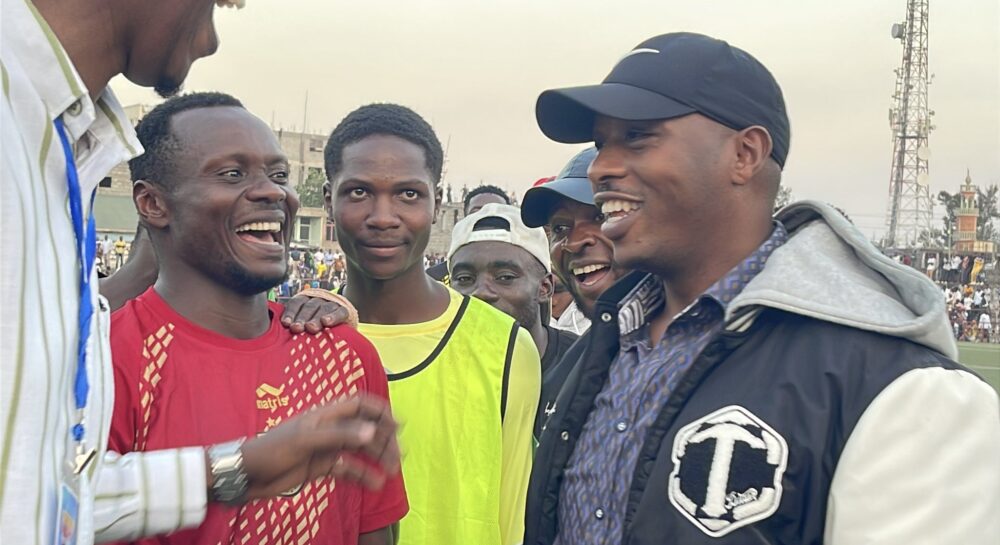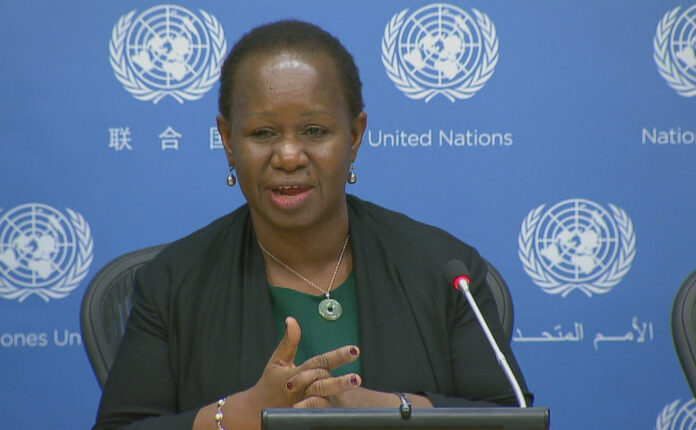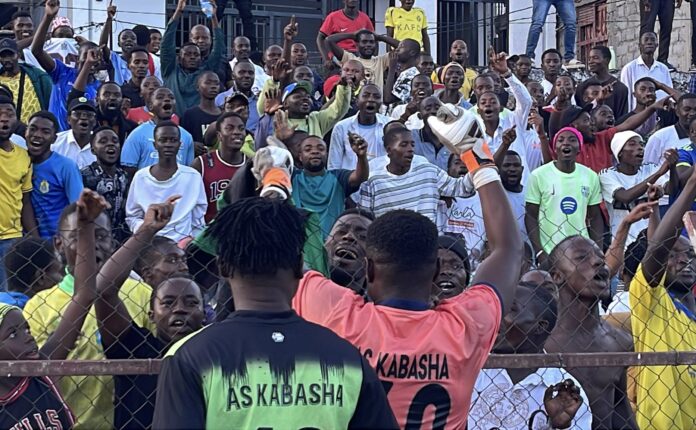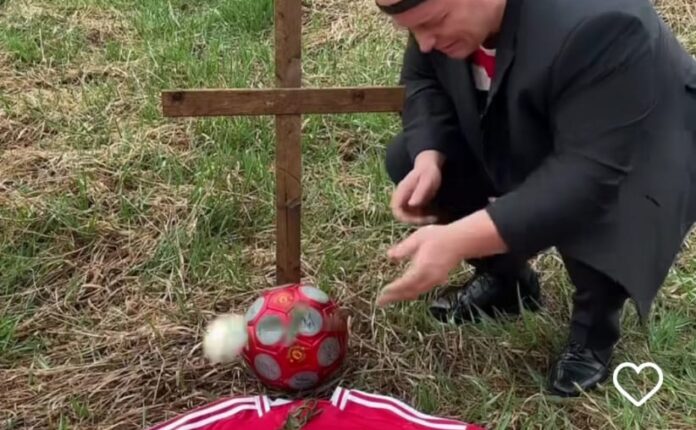In a region long associated with conflict and humanitarian crises, the sight of thousands cheering for their favourite football teams at Goma’s iconic Stade de l’Unité offered a rare, and moving, glimpse of hope. It was not just about sport; it was a moment of unity, resilience, and the pursuit of something many in North Kivu have craved for decades: lasting peace.
Note: Company, Blog, Church websites are free.
At the heart of this emotionally charged event stood Willy Manzi Ngarambe, the Vice Governor of North Kivu in charge of administrative, political, and legal affairs. A known football enthusiast and passionate supporter of AS Kabasha, Manzi could not contain his emotions as his team triumphed during the closing ceremony of the Peace Tournament, an event hailed by many as a symbol of reconciliation.
Manzi’s visible joy on the pitch was more than just that of a fan celebrating a win, it was the image of a leader who understands the emotional pulse of his community. Over the past months, his efforts to engage young people through sports and cultural events have become a central part of his approach to community healing.
Social media captured touching moments of Manzi hugging players, cheering in the stands, and addressing the crowd with a message centered on “unity beyond fear.” His presence, alongside civil society leaders, youth groups, and religious figures, reflected a wider initiative to strengthen social fabric through public engagement, especially in areas where the trauma of conflict remains raw.
While the Peace Tournament was widely applauded, it unfolded in a context many international observers find deeply complex. Much of North Kivu, including Goma, is currently under the influence of the AFC/M23, a military-political movement whose return to prominence has sparked controversy across the region and beyond.
Critics point to the M23’s past involvement in conflict and displacement, while supporters argue that their current governance has brought a measure of order and reduced criminal activity in areas previously plagued by chaos.
Vice Governor Manzi’s role in this environment is nuanced. While not directly aligned with M23 leadership, his ability to work within the current administrative structure, and deliver tangible peace dividends like the tournament, shows political acumen and a pragmatic dedication to his province.
The Peace Tournament was more than symbolic. It brought together teams from diverse backgrounds, including areas that had previously experienced intercommunal tension. By using football as a tool for dialogue and inclusion, Manzi and local organizers have created a model that could be replicated elsewhere in the Democratic Republic of Congo.
As international focus remains locked on the geopolitics of the region, stories like this remind us that on the ground, there are real people, and real leaders, trying to build bridges.
For many in Goma and beyond, the Peace Tournament offered a temporary break from uncertainty. But the deeper question remains: can such efforts lead to sustainable peace?
Vice Governor Willy Manzi Ngarambe seems to believe so. And for a moment, under the bright lights of a football stadium, thousands believed it too.



